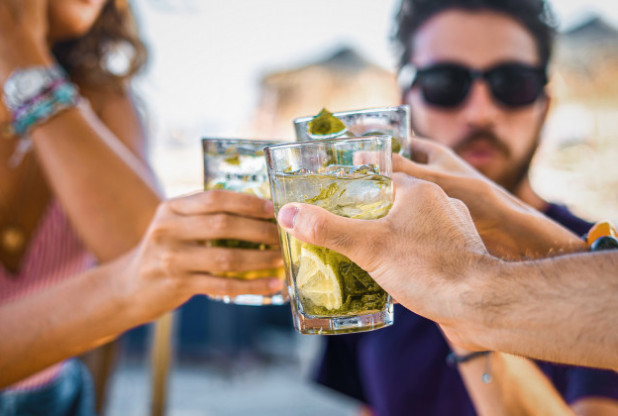
Decline in alcohol consumption fuels demand for soft drinks
Alcohol consumption is declining globally, with the UK seeing a notable reduction of 23 percentage points, as more consumers opt for soft drinks, according to data from CGA by NIQ’s OPUS report.
Among those aged 18 to 24, nearly a third (30%) are drinking less alcohol than a year ago, while 13% have given it up entirely. This group is increasingly focused on health, with 74% aiming to lead healthier lives and 73% making environmentally conscious choices.
Despite this shift, younger consumers remain active in the on-trade sector. The data shows that 86% of 18 to 24-year-olds visited pubs, bars or restaurants in the past three months, with 60% going out weekly, exceeding the average for all GB consumers by 17 percentage points.
However, while the preference for non-alcoholic drinks is growing, overall soft drinks sales have remained flat. There are positive signs in certain segments, with bars and restaurants seeing an 8% year-on-year value increase, and hotels experiencing a 2.7% rise.
This suggests there is untapped potential for soft drinks, especially during high-energy social occasions. Younger consumers, in particular, are adopting a ‘zebra striping’ pattern, alternating between alcoholic and non-alcoholic drinks. In fact, 18 to 24-year-olds are more inclined to choose soft drinks in late-night settings, surpassing the average consumer by six percentage points.
Brand choice in soft drinks is influenced by habit (43%), brand loyalty (38%), and value for money, with 38% prioritising cost without necessarily opting for the cheapest option. Brand quality is a key factor for 23% of consumers, while promotional activities and menu recommendations significantly influence 18 to 24-year-olds, who are both loyal to their preferred brands and open to new suggestions.
Fizzy drinks continue to dominate the soft drinks market, holding 49% of market share. This trend persists despite growing sales of sports drinks, water-plus products and juices. Younger consumers are driving this demand, with almost 30% drinking more carbonated beverages than a year ago.
CGA client director Violetta Njunina noted that as moderation becomes more common, particularly among younger people, offering high-quality, appealing and health-conscious soft drinks is vital for success. Suppliers who align their strategies with these trends are better placed to lead in the evolving beverage market.





